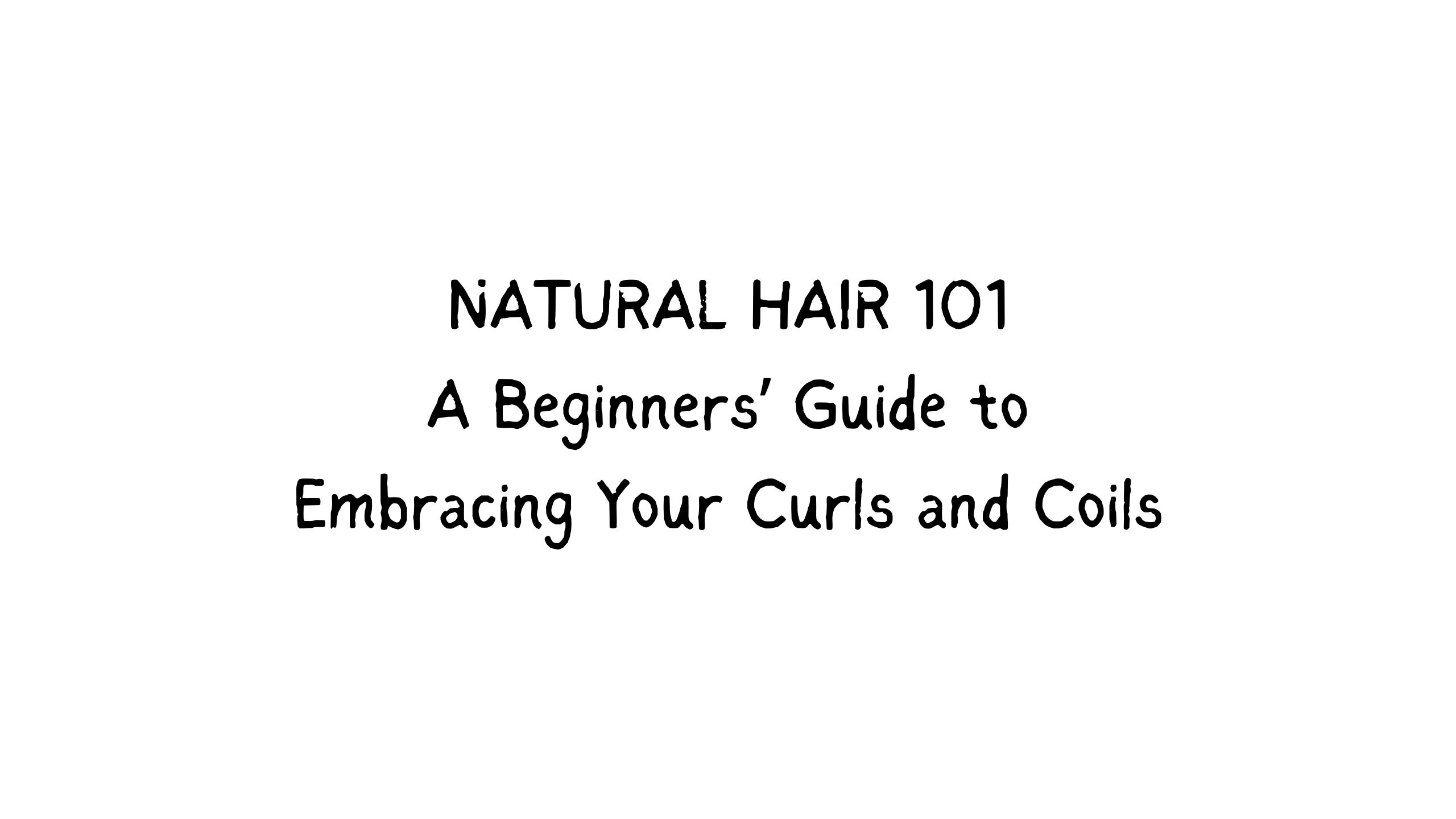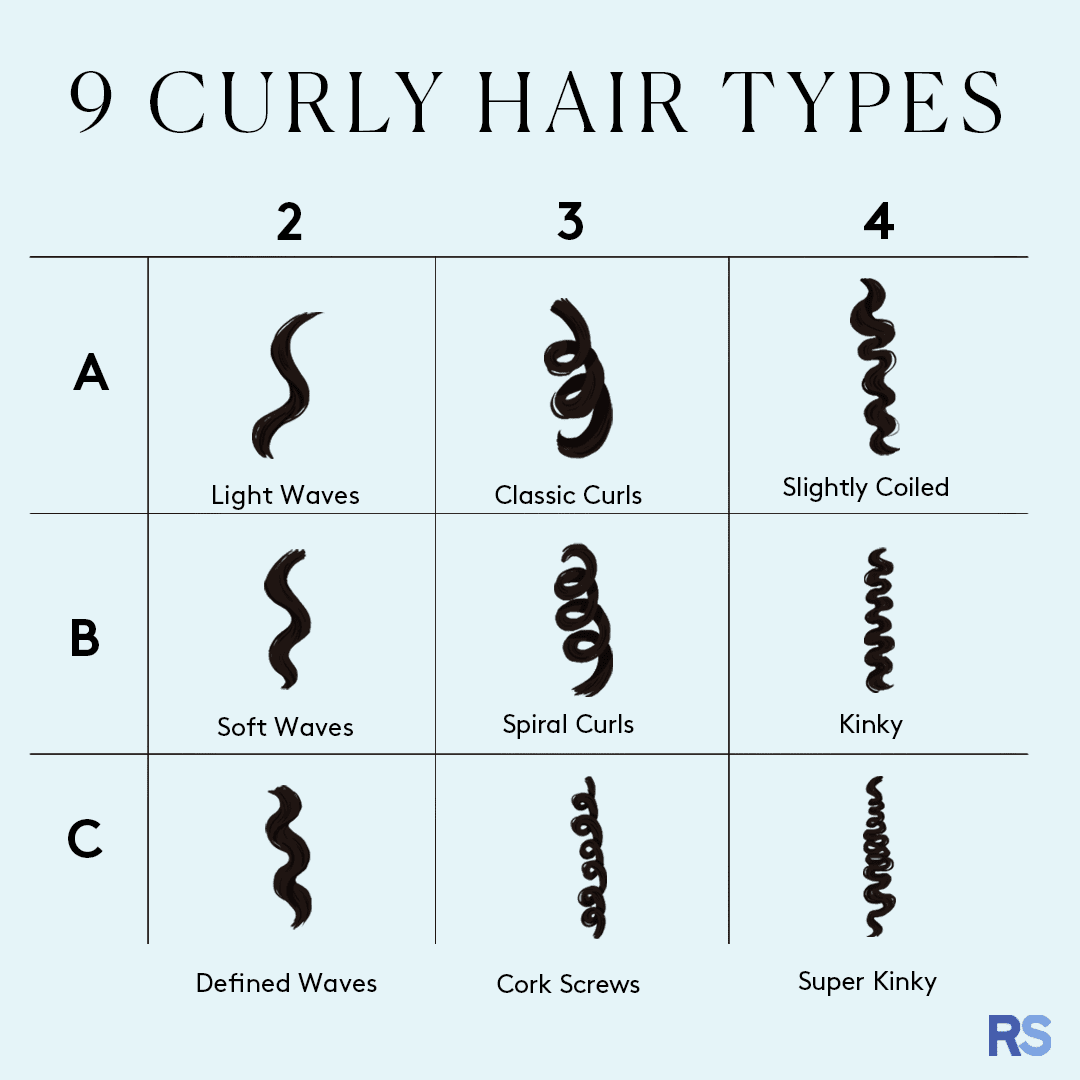NATURAL HAIR 101: A Beginners’ Guide to Embracing Your Curls and Coils

Natural Hair 101: Welcome to the series!
Hi there!
I’m Selorme. Welcome to the Natural Hair 101 blog series where I take you through the fundamentals of taking care of your natural hair, embracing it, and allowing it to flourish. You can expect to learn about:
I hope you’ve grabbed a snack and are ready to dive in!
So, what is natural hair?
Natural hair refers to hair that has not been chemically altered in any form. Though pin straight is also natural as some people grow it from their scalps without any chemical treatment, the term is generally used to refer to curly coily kinky hair that is generally/predominantly found among individuals of African descent. The main difference between natural hair and any other type of hair is the use of chemicals to change the appearance of the latter. As such, someone with natural hair can use heat or heatless methods to stretch their hair but since this is temporary and the hair can and does revert in most instances, those are still known as natural hair. However, once chemicals that permanently alter the appearance and chemical composition of the hair are used, it is now a chemically treated hair.
Types of Natural Hair
There are several types of natural hair as is delineated by the hair typing chart. Now, there are significant reservations about the use of the hair typing chart especially concerning the entrenchment of texturism, however, it is also relevant in clearly demarcating how different types of natural hair look like and can be used to ascertain how certain styles can look on different types of natural hair.

We’ll have a much more in-depth discussion on the various hair types later on during this blog series but for now, just remember that there are different types and this is what they look like. One individual’s head can carry and in fact does carry several types of natural hair. So, you may see types ranging from 3C to 4C on one person’s head and that is completely normal.
Going Natural: Big Chop or Transitioning?
Several individuals with natural hair have had some form of treatment that alters their hair in one way or the other while they were young or even as adults. Most decide once they can make the decision for themselves to retransition to maintaining natural hair and this is usually done through either cutting off all the chemically altered hair (also known as the big chop) or growing their natural hair under the treated hair and trimming it off little by little until all that is left is their natural hair (also known as transitioning). People decide to go natural at various points in their lives for various reasons ranging from the urge to have healthier hair, personal empowerment, self-discovery, to identity and cultural reasons. The most important thing is that you make that decision for yourself and you are happy and content about it.
A Brief Look at the Natural Hair Movement
Historically, the natural hair movement originated in the United States in the 1960s with the aim of encouraging people of African descent to embrace their natural afro-textured hair, especially in the workplace considering most workplaces and even communities frowned upon them wearing their natural hair. Though there has been significant improvements since then in people embracing their hair, there are still several stereotypes that need to be dismantled when it comes to our natural hair. We’ll be discussing these and many other valuable insights in future blog series.
In the meantime, here is a link to my
Category: natural hair
1117
4


Comments